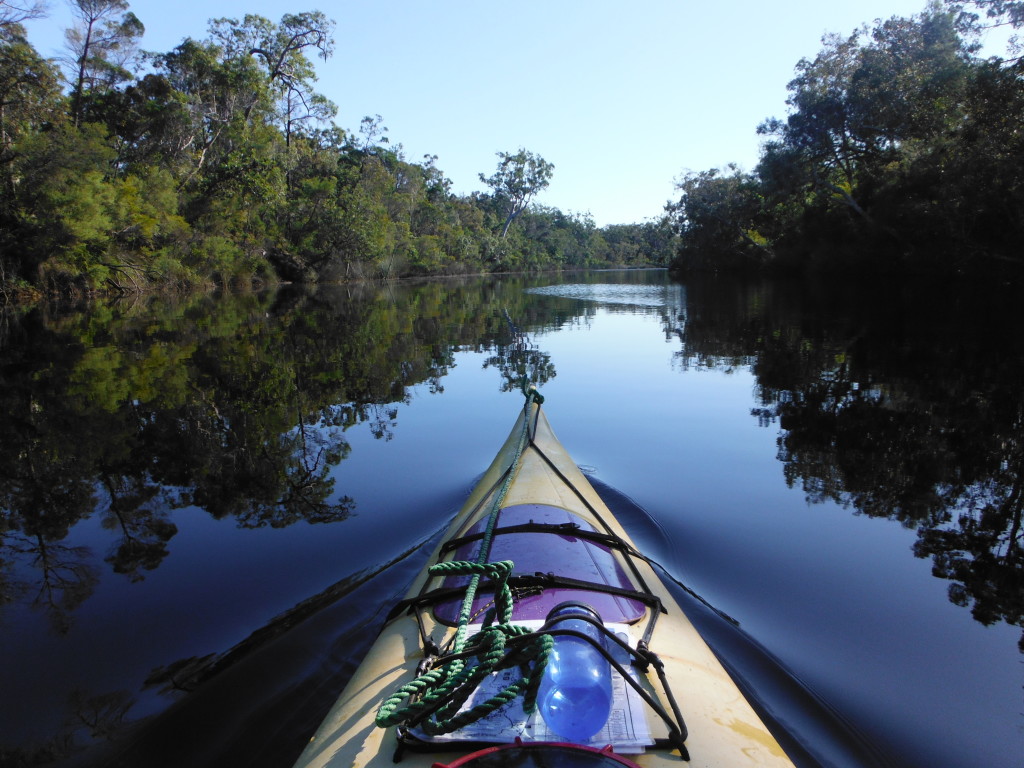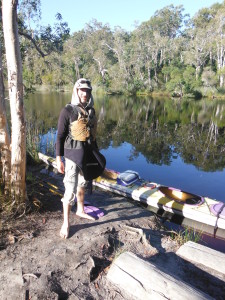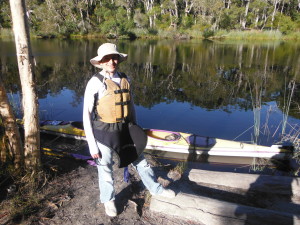Gay Pride, Jewish Gay Pride and the Torah’s View
This week gay marriage was approved as a constitutional right in the United States. Homosexual couples can now get married and divorced, adopt children, get tax benefits, and inherit from one another just like heterosexual couples. Reactions to this news have been mixed. Many people are in the streets celebrating their “gay pride.” Yet many people are also protesting and calling these same people sinners and abominations.
Judaism specifically prohibits homosexual acts not only to the Jew but to all mankind. It is one of the seven Noachide Laws, included under the prohibition immoral sexual behavior.
Consider that of all things G-d felt important for mankind to live by, a proper code of sexual conduct was one of them. The Noachide laws include: do not murder, do not steal, and do not be cruel to animals. Thus, from a G-dly perspective homosexuality is a serious issue.
However, in reference to gay acts the Torah uses the word toeva which means an abomination. The Torah also uses the same word referencing a man who divorces his wife of a second marriage and returns to marry his first wife – this too is an abomination to G-d. However, using only our own logic, we could say it is beautiful how he realized the depth of his love for his first wife and returned to her.
It is also important to realize that G-d’s commandments are for us, not for G-d alone. What difference would it make to G-d if we stole from each other or killed one another?
If a person and animal are happy together, a brother and sister, parent and child, minor and adult, and any polyamorous relationships, it is easy to ask what harm is being done. Why can’t they be together if they love each other?
Also, why not allow death duels if both parties are happy? Who are we to intervene with intertribal stealing that has been going on millennia? Why should we stop someone from committing suicide? It’s their life after all!
But it is the deeper unseen realm that can have catastrophic effects on man, which only G-d can see. Sometimes what we see as progression is regression. We all want to believe we are living in an advanced society and no longer holding to backward codes of practice. We no longer stone criminals or conduct public hangings. But are we truly an advanced society when we can give a murderer like Martin Bryant a 1035 year sentence for killing 35 people and injuring 23 others in a shooting spree in Tasmania? Maybe it’s a good thing people don’t live to a thousand years.
I’m not advocating we stone people or suggesting whether or not gay pride is going forward or backwards, but we must be aware how true our progressive thinking is.
So how should we as Jews handle the news from America?
There are several points to consider:
- Science currently shows that homosexual attraction is biologically different in the brain. Science suggests that like the color of one’s skin, it cannot be changed. But unlike skin color, which has no bearing on anyone’s actions or nature, homosexual attraction can and does lead to homosexual acts, which are explicitly forbidden by Torah law.
- In Judaism, we are meant to show compassion for others and to judge them favorably. Yet, we must actively discourage Torah violations.
- Pirkei Avot (Ethics of Our Fathers) teaches that we cannot understand another person’s struggles unless we have lived their life.
The conclusion we can draw from these somewhat conflicting points is that we can neither condone such behavior nor should we condemn the individual. Judaism cannot endorse gay pride any more than we could endorse kleptomaniac pride. Yet even while we are clear on our moral standards, we should approach gay people with compassion and a willingness to help them overcome their own personal challenges should they choose, just as we would with any individual, no matter what they feel challenged with.
In turn, homosexual Jews (and non-Jews) should not flaunt their homosexuality. It is the difference between a Jew who says, “I eat pork even though I know I really shouldn’t,” and the Jew who says, “I’m a proud Jew attending a Yom Kippur Lunch where roast pig on a spit is being served.”
The problem with embracing and celebrating gay pride goes beyond just supporting others in their violation of a biblical commandment. Once we begin to actively support something that is morally wrong, suddenly other morally wrong actions don’t seem that bad.
Take this week’s parsha for example. The Jewish men sin sexually with Moabite and Midianite women. That seems bad enough, but they actually do it fully in public view – they are not ashamed. From that immoral behavior, they then begin to worship other gods. One act of immorality in which they took pride eventually led to other sins, as well as to a massive plague.
As Jews, it is our obligation to be a light unto the nations and sometimes that means standing up for what the Torah teaches is right even if the rest of the world is against it.
With the above all said, there is a deeper underlying issue which is not about gay pride celebrating their marriage rights. The question is, what does marriage mean?
One upon a time marriage was a sacred act performed as a religious ceremony. It still is today for many people in diverse cultures. But in the West, marriage for many has become more of a formality than anything else.
After we married in Israel and returned to the United States, rather than a lengthy and expensive process of translating our Israeli marriage certificate and going to court to have our marriage recognized, we paid a marriage celebrant in Virginia $50, and with a fifteen minute ceremony we were married again. If we were in Las Vegas perhaps we could have done it in five minutes at a drive through ceremony.
Perhaps what is going on is: those who see marriage as a sacred union under G-d between a man and a woman, are against gay marriage. Those who see marriage as a mere formality are fine with gay people marrying, and in a way they are right. If two people regardless of their sex or sexual orientation want to inherit one another and receive tax breaks and the like then why not?
Please G-d may we merit divine revelation and truth in our time.
Read More
 A mother orang-utan and her baby shuffled slowly towards me. I took a few steps back. Mama reached out her hand and I gave her a banana. We weren’t supposed to feed the wildlife, but it seemed like everyone was doing it.
A mother orang-utan and her baby shuffled slowly towards me. I took a few steps back. Mama reached out her hand and I gave her a banana. We weren’t supposed to feed the wildlife, but it seemed like everyone was doing it.















